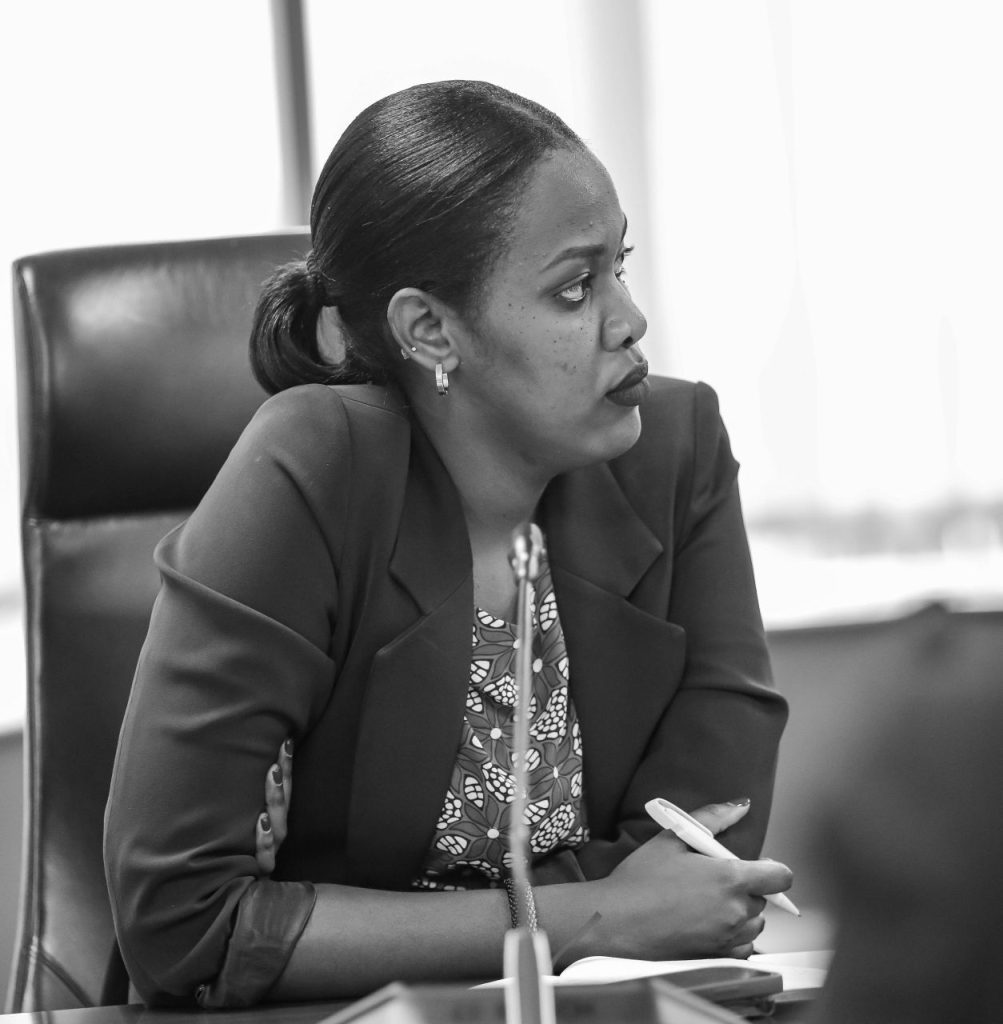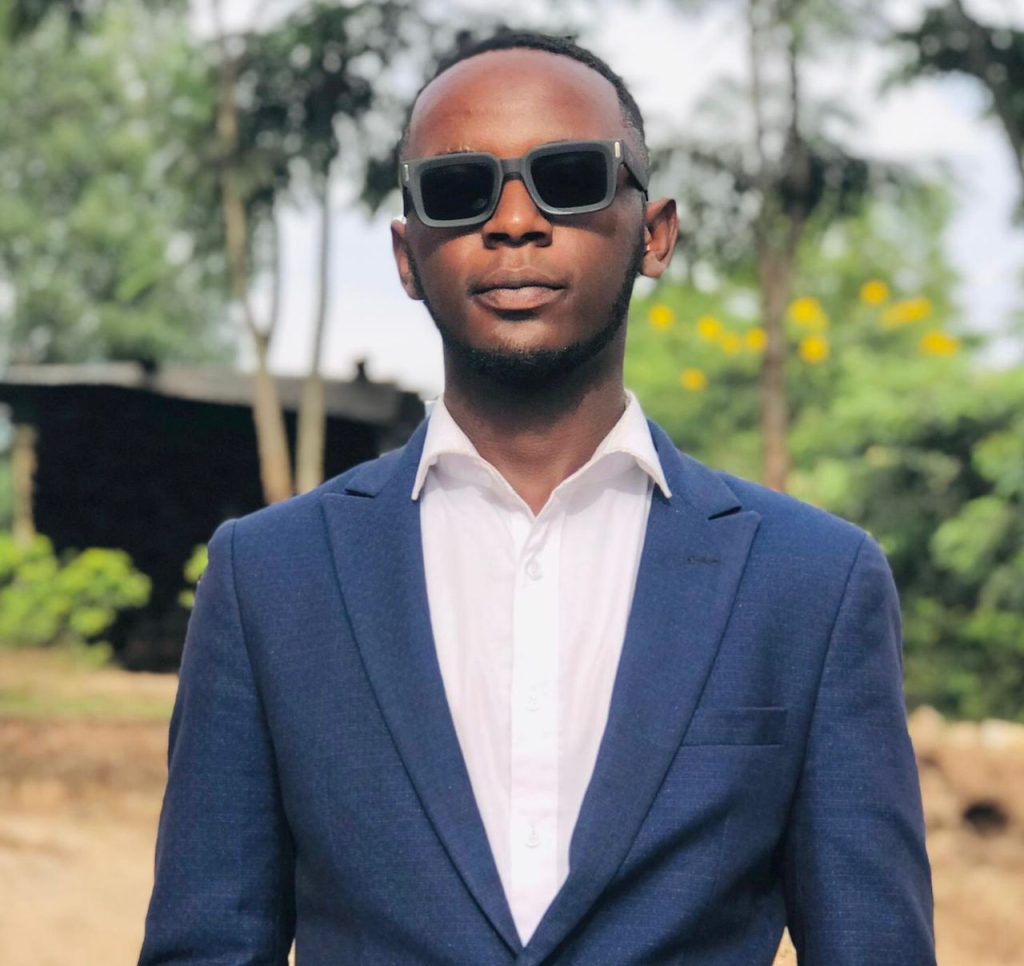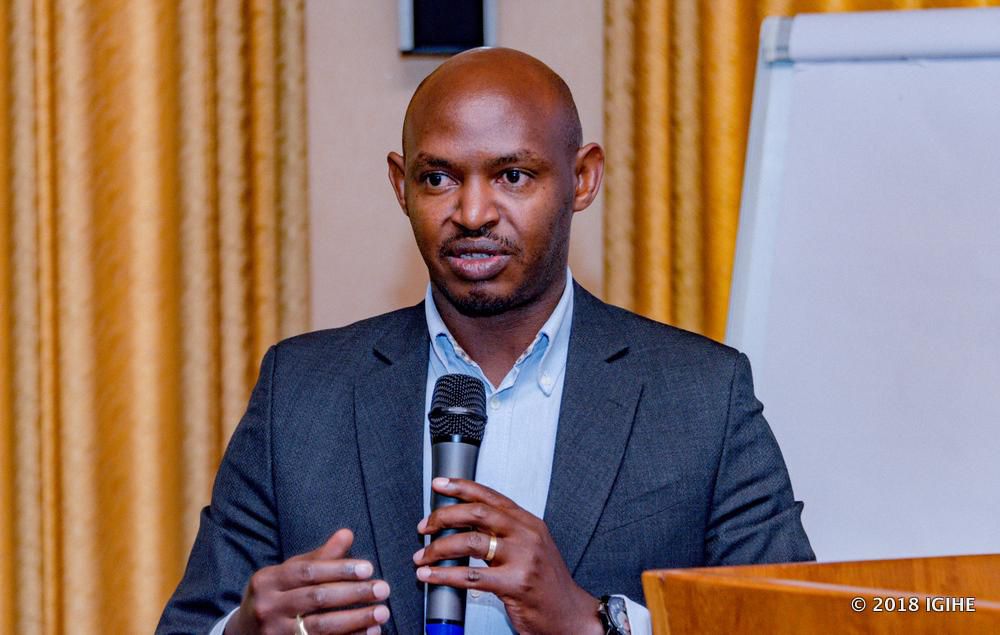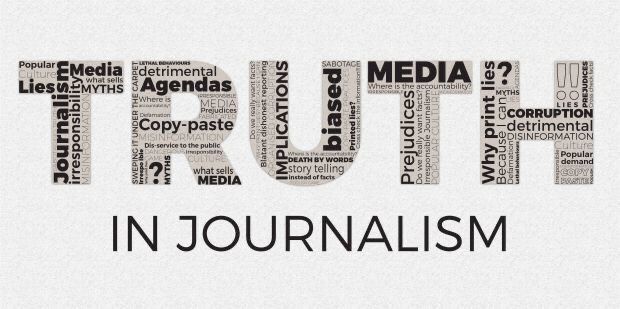The number of untrained journalists posing as accredited reporters, is increasing across the media industry in Rwanda.
Fake journalists, known as quacks, worry media professionals by attending press events, conducting interviews, and sometimes demanding payment to publish stories.
“Fake journalists damage the credibility of real journalism by attending events unprepared, asking irrelevant questions, and showing a lack of ethics, professionalism, and discipline.” said Alice Kagina, reporter at The New Times (TNT).

Journalism students worry that quack journalism confuses the public, harms real reporters, and call for stronger rules and better education on spotting real news.
Roger Uwineza, a first-year Journalism student at Mount Kigali University, believes that stopping quack journalism requires stronger laws and educating the public. “People must learn to tell real news from fake,” he says, “so we can protect trust between journalists and the public.”

Rwanda Media Commission (RMC) is addressing the issue by raising public awareness on how to identify accredited journalists and urging media outlets to maintain ethical standards.
RMC accredits journalists, issues official press cards, and publishes a verified list to prevent impersonation. It conducts awareness campaigns, encourages the public to verify journalists and media outlets via its website or 3536, and urges journalists to report unethical behavior to safeguard the integrity and reputation of the profession,” said Emmanuel Mugisha, Executive Secretary of the Rwanda Media Commission (RMC).

“Tackling this issue needs joint action by associations and media houses to remove fake journalists and support professionals in delivering quality work and changing mindsets,” Alice added.
Quack journalism not only harms the media’s credibility but also undermines public trust, a serious concern for Rwanda as it strengthens freedom of expression and promotes professional reporting. Confronting it has become more urgent than ever.





